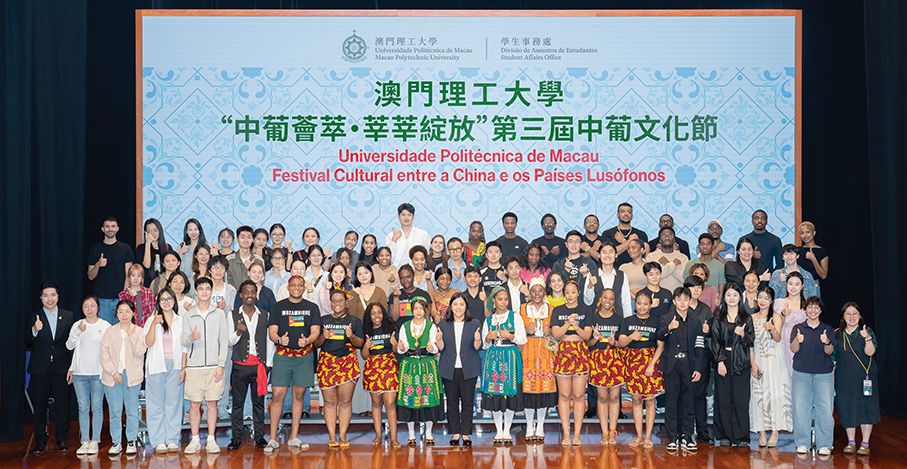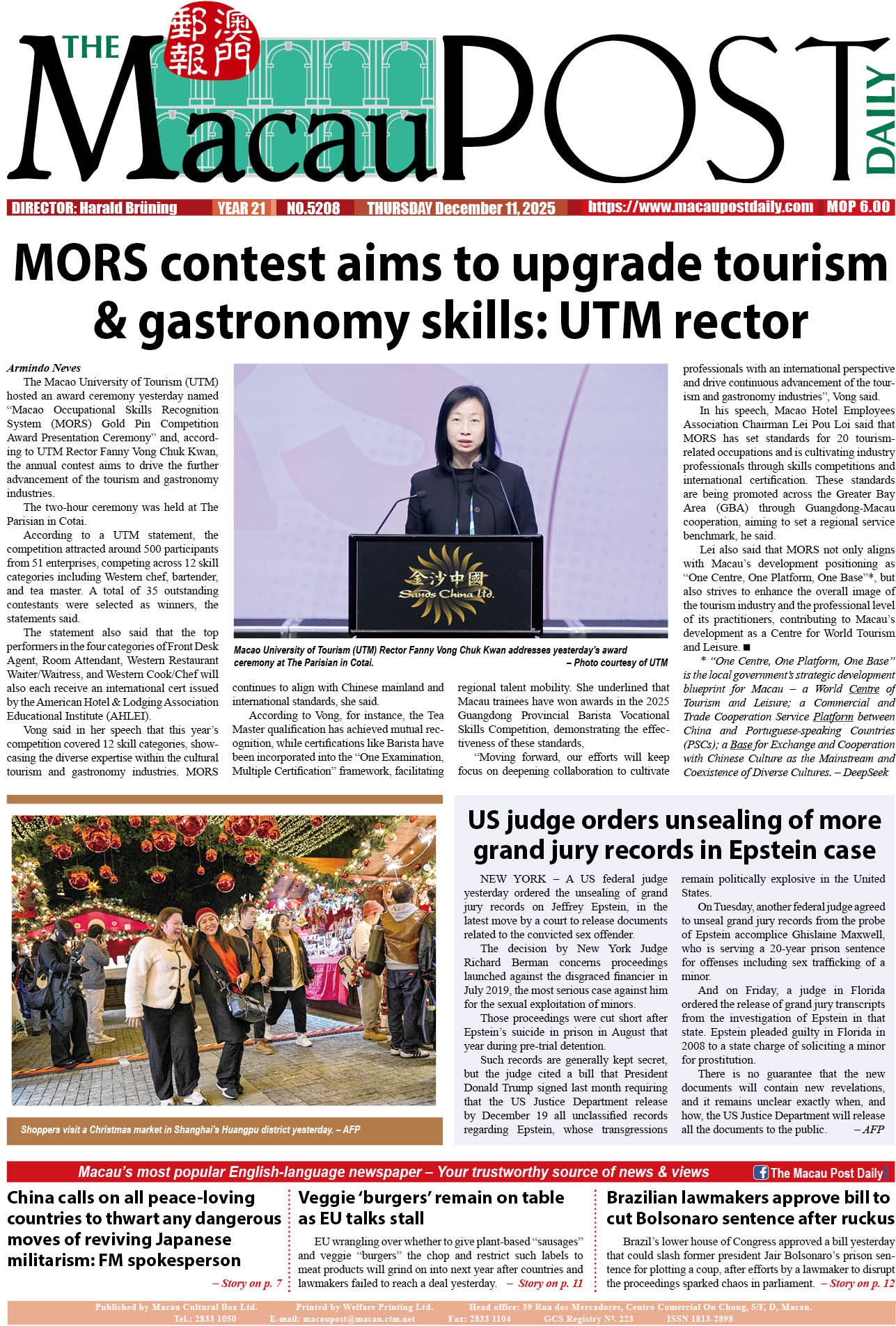China Daily Editorial
With the United States enthusiastically seeking to cement ties with its regional allies in a bid to form a united front against China, it is hard to escape the impression that it is intent on fomenting a new Cold War in the Asia-Pacific region.
Washington began a diplomatic offensive in the region last week, when US President Joe Biden held a virtual summit on Friday with the leaders of the other three Quad countries – India, Japan and Australia. Although the joint statement issued after their discussions did not mention China, it was evident from the content that China was the main topic of the day.
His administration is continuing its diplomatic foray in the region this week, with Secretary of State Antony Blinken and Secretary of Defense Lloyd Austin visiting Japan and the Republic of Korea for four days of talks that started on Monday with the aim of shoring up partnerships with the US’ two key regional treaty allies.
On Sunday, the day before their arrival in Tokyo, Austin said at a news conference that the visit was intended to boost military cooperation with the two countries and foster “credible deterrence” against China. As for Blinken, the top US diplomat has adopted a hostile attitude toward China since taking office, labeling China as “the biggest geopolitical test” of this century in his first major foreign policy speech earlier this month.
Yet despite their hopes, this is a region that has shown its unwillingness to be the venue for an old-fashioned Cold War and which has generally offered a cold shoulder to the US in its attempts to force countries to take sides.
From the US’ pivot to Asia to its Indo-Pacific strategy, more and more countries in the region have woken to the fact that the US’ desire to maintain its regional hegemony is a real threat to regional peace and stability.
Hence, the more the US pushes its allies to rally around its leadership against China, the stronger the resistance it is likely to encounter. The Biden administration probably knows that it is unlikely to succeed in persuading its regional allies to join it in a new Cold War targeting China, but it still hopes to disrupt their relations with China. That too is likely to prove fallow ground, as there is a regional consensus that peace and stability benefit all.
At the same time, since Blinken and Biden’s National Security Advisor Jake Sullivan are due to hold talks with China’s top diplomat Yang Jiechi, a member of the Communist Party of China’s (CPC) top decision-making body, and State Councilor and Foreign Minister Wang Yi in Anchorage, Alaska, today, they may be hoping to have garnered enough support to feel like they are talking from a position of strength.
Yet whatever the US feels its diplomatic moves have achieved, China will not be daunted. It will continue to uphold solidarity and promote cooperation among countries in the region. And it will continue to encourage the Biden administration to work with it to put Sino-US relations back on the right track. Something it will no doubt do again in Anchorage.
– Courtesy China Daily









